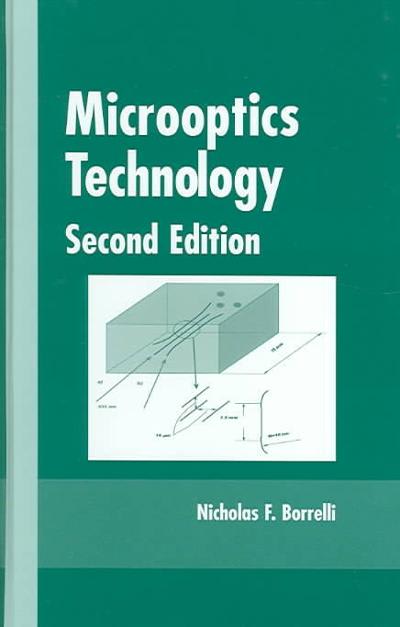Question
1- Suppose an electron traveling at 0.98 c What is the momentum of an electron in kilogram meters per second, taking the mass of an
1- Suppose an electron traveling at 0.98c
What is the momentum of an electron in kilogram meters per second, taking the mass of an electron to be 9.11 10-31 kg?
2- Suppose an asteroid with a mass of 1.2 109 kg is heading towards the Earth at 35 km/s.
Part (a)Find the relativistic momentum of the asteroid in kilogram meters per second.
Part (b)Find the fractional change of this momentum, (p - pnr) / pnr, relative to the non-relativistic momentum pnr.
3- The mass of a proton is 1.67 10-27 kg.
Part (a)Find the rest energy in joules.
Part (b)Find the rest energy in mega-electron volts.
4- The Big Bang that began the universe is estimated to have released 1068 J of energy.
How many stars could half this energy create, assuming the average star's mass is 3.5 1030 kg ?
5- A supernova explosion of a1.1 1031kg star produces2.15 1044J of energy.
Part (a)How many kilograms of mass are converted to energy in the explosion?
Part (b)What is the ratio m / m of mass destroyed to the original mass of the star?
6- The fission of 1 kg of uranium produces 8.0 1013 J of energy.
Part (a)Calculate the mass, in grams, converted to energy by the fission of 1.2 kg of uranium.
Part (b)What is the ratio of the converted mass to the original mass?
7- Alpha decay is nuclear decay in which a helium nucleus is emitted from an atom.
If the helium nucleus has a mass of 6.64 10-27 kg and is given 4.75 MeV of kinetic energy, what is its velocity, as a ratio to the speed of light? You must assume the alpha particle is moving relativistically.
Step by Step Solution
There are 3 Steps involved in it
Step: 1

Get Instant Access to Expert-Tailored Solutions
See step-by-step solutions with expert insights and AI powered tools for academic success
Step: 2

Step: 3

Ace Your Homework with AI
Get the answers you need in no time with our AI-driven, step-by-step assistance
Get Started


